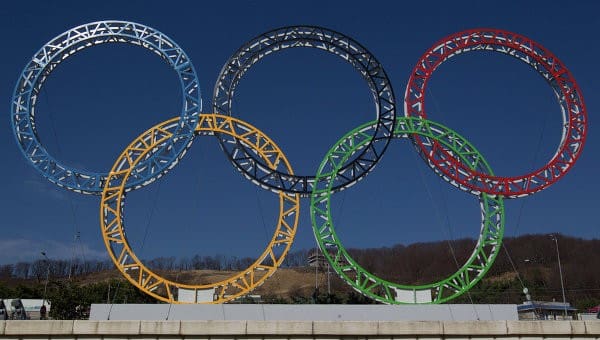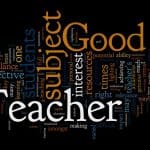

1) Are you studying the Olympics in Sochi? In what grade and for what purpose?
2) What are some key activities that you are using to explore different themes of the Olypmics?
3) Are you using social media to connect with athletes while the games are on? If so, how? What has been your success?
4) etc…
Transformative citizenship education in online learning: the possibilities and the challenges
By: Janelle Watson and Maria Weber
Online learning environments hold tremendous potential as sites of transformative learning and citizenship education. Multiple examples of such transformative education can be found in the literature, and yet there is a need to question the underlying theoretical assumptions of teaching online, and challenge these assumptions using a critical pedagogical framework in order to fully understand the challenges inherent in this method of teaching. This paper looks at two disparate, yet interrelated topics in online learning; the potential of online technologies to disrupt and even transform education through citizenship engagement and the critical lens under which we must view these technologies in order to fully understand and appreciate their potential. This paper examines online learning within the context of transformative citizenship education in a Grade 12 World Issues class. By providing a context for transformative learning online, we examined both the advantages and the criticisms of this approach to education with a review of the recent literature in these areas.


———————
Watson & Weber’s Proposed Activity for Sochi
Preface – Did you know that there are social justice issues dating to the 1800’s that may taint viewers and participants perspective on the Olympics being hosted in Sochi? Sochi is know as a Russian city that is hometown for Sochasian people, many of which no longer live there because of a massive Circassian genocide almost 150 years ago. Circassians are the indigenous people of Sochi, and many of them consider their land “stolen” to build the Olympic Village. In terms of a trans-global experience, is there a connection between Sochi, where Olympics are held on the ground of a massive genocide and Vancouver, where Olympics were arguably held on “stolen” grounds?
- Students will have an opportunity to research this issue and curate materials from online sources to share later with their groups later.
- There will be a google document shared amongst groups of 4-5 students in the online class. Within each group, students will take on a different role: International Olympic Committee (IOC) member; Sochi resident, Olympic athlete, Canadian citizen…
- Class social media blitz and possible protest – does the world need to know about the Sochi Olympics? How will you tell the world about this? Design a social media campaign that will get the message out to as many people as possible. Each group should work with a different social media tool?
- Students create personal blogs/videos portfolios collecting research materials that have been gathered and outlining how perspectives have changed.
- Through social media blitz students will attempt to contact someone who is close to the issue – possible some from the Circassian community or someone from No Sochi organization.
- Post-assignment metacognition – reflection on how this issue might be resolved


